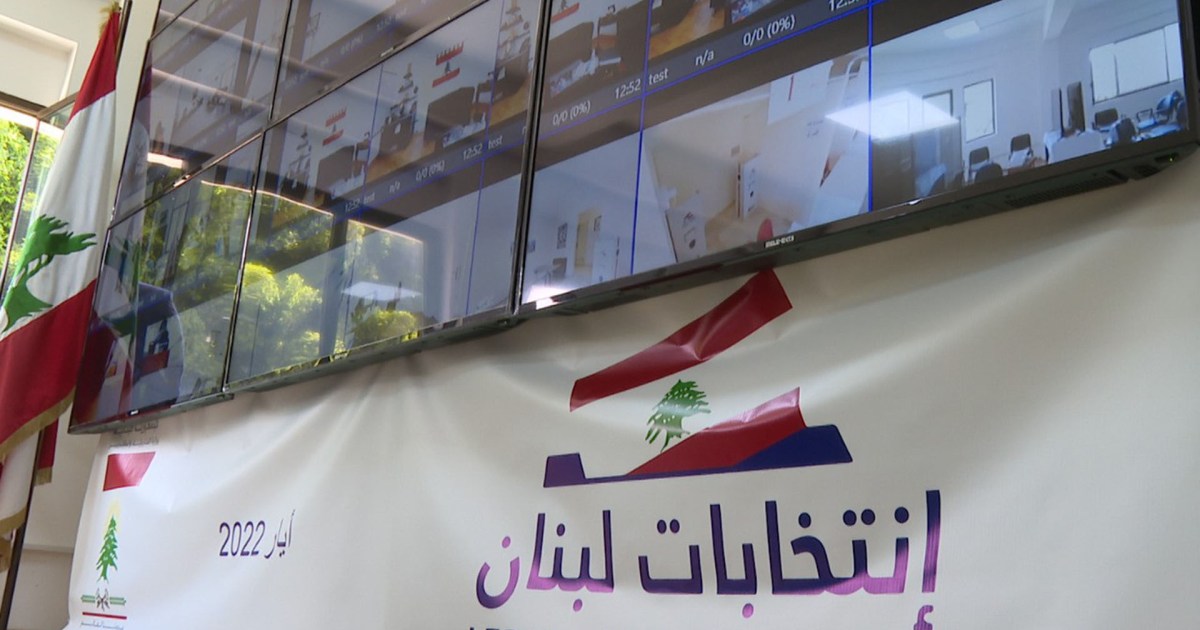The British "Financial Times" newspaper published a report on the Lebanese parliamentary elections, which come in light of a severe economic crisis, and it is the first elections that the country has witnessed since the collapse of its economy in 2019.
The newspaper said that most political analysts expect Hezbollah and its allies to retain the parliamentary majority in the general elections that will be held on May 15.
And the Financial Times indicated - in a report prepared by its correspondent for Middle East affairs, Raya Chalabi - that political analysts believe that despite the growing popular discontent, Hezbollah - which the United States and some European countries classify as a terrorist organization - has maintained its control over the electorate through patronage. And sectarian incitement and intimidation of opposition supporters.
The report quoted the opinion of the director of the Middle East program at Chatham House, Lina Al-Khatib, who said that "the community that usually votes for Hezbollah still lacks a clear alternative, and they are known to Hezbollah, which provides them with assistance. getting the US dollar when others can't."
The newspaper's correspondent said that Hezbollah has maintained the provision of US dollars to its members, and its charitable organizations are still providing extensive aid to the Lebanese community.
She noted that a number of high-ranking Hezbollah members said civil servants' salaries are now less than $100 per month, but the party has maintained people's loyalties by distributing about 10 times that amount.
The newspaper also reported the opinion of Muhannad Hajj Ali, a researcher at the Carnegie Middle East Center, who believes that regardless of the favoritism that the party practices, the distress that Lebanon is experiencing now can help ensure the continued strong influence of Hezbollah in a coalition government.
The newspaper's correspondent pointed out that the vast majority of Lebanese believe that the elections will not contribute to improving the country's bad economic conditions.
A recent poll conducted by Oxfam showed that only 54% of Lebanese voters are ready to vote in the elections.
Parliamentary elections are taking place inside Lebanon to choose 128 deputies on May 15, and 103 lists comprising 718 candidates are competing in the polls, distributed over 15 electoral districts.

